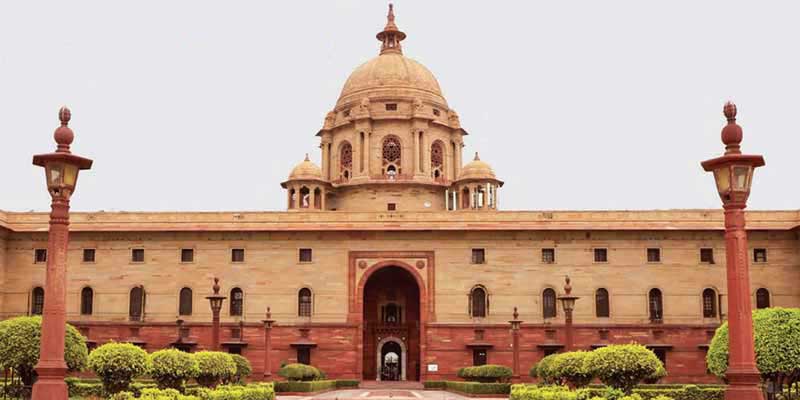- India
- Dec 28
Explainer / National Security Council
• Senior diplomat Vikram Misri has been appointed as deputy national security adviser (NSA) in the National Security Council Secretariat.
• The appointment of Misri, a 1989-batch Indian Foreign Service (IFS) officer, came after he served as the Indian ambassador to China for nearly three years.
• He served in various capacities at the headquarters of the ministry of external affairs (MEA) as well as in the Prime Minister’s Office.
• Misri has also served in various Indian Missions in Europe, Africa, Asia and North America.
• Misri will report to national security adviser Ajit Doval.
• At present, Rajinder Khanna, Pankaj Saran and Dattatray Padsalgikar are serving as deputy NSAs.
National Security Council
• The National Security Council (NSC) is the apex body in a three-tier structure, headed by the Prime Minister, with the National Security Adviser (NSA) as its secretary.
• The three-tier structure of the NSC comprises the Strategic Policy Group (SPG), the National Security Advisory Board (NSAB) and the National Security Council Secretariat.
• The NSC was set up by the Atal Bihari Vajpayee government in 1998.
• The ministers of home affairs, defence, external affairs and finance are also its members.
• The central government recognises that national security management requires integrated thinking and co-ordinated application of the political, military, diplomatic, scientific and technological resources of the State to protect and promote national security goals and objectives.
• National security in the context of the nation needs to be viewed not only in military terms, but also in terms of internal security, economic security, technological strength and foreign policy.
• The role of the Council is to advise the central government on the said matters.
• Brajesh Mishra was the first National Security Adviser (NSA).
• Before the NSC was formed, these functions were carried out by the principal secretary to the Prime Minister.
• The erstwhile Joint Intelligence Committee (JIC) was re-structured and renamed as the National Security Council Secretariat (NSCS).
Strategic Policy Group
• The Council is assisted by the Strategic Policy Group (SPG) which is the principal mechanism for inter-ministerial coordination and integration of relevant inputs in the formulation of national security policies.
• It consists of serving senior officials responsible for policy-making and for follow up action in matters concerning national security.
• It includes the chiefs of the Armed Forces, the Intelligence Bureau and the Research and Analysis Wing.
• Its main task is to make policy recommendations to the National Security Council.
National Security Advisory Board
• The National Security Advisory Board (NSAB) is to advise the Council on issues relating to national security which may be referred to it by the Council.
• The Board consists of a convenor and other persons of eminence outside the government with expertise in the fields of foreign affairs, external security, defence and armed forces, strategic analysis, economics, science and technology, internal security, and related areas.
• The policy recommendations and options proposed by the NSAB are conveyed to the National Security Council for its consideration.
• The NSAB undertakes long-term analysis and provides perspectives on issues of national security.
• The first NSAB was set up in 1998 with K. Subrahmanyam as its convener.
• Over the years, the NSAB has contributed a large number of studies on both current and long-term issues of strategic significance.
• It produced a Draft Nuclear Doctrine in 2001, a Strategic Defence Review in 2002 and a National Security Review in 2007.
Manorama Yearbook app is now available on Google Play Store and iOS App Store

